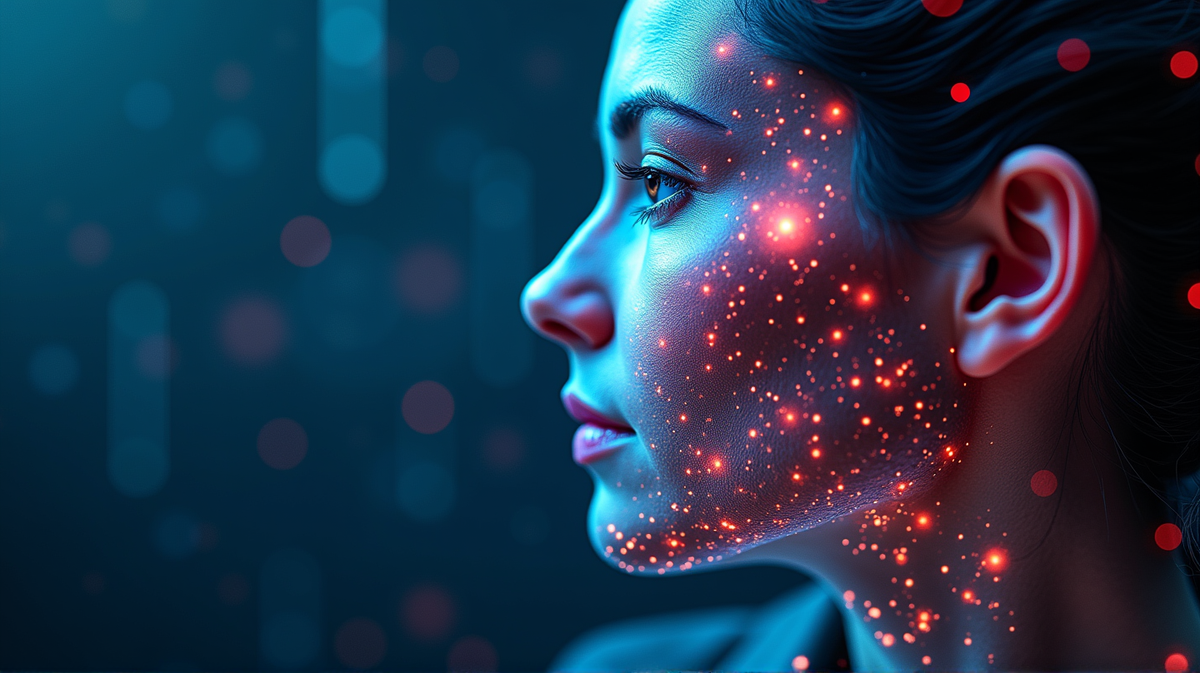Future of Health Tech: Prospects and Challenges Explored at Stanford Symposium
Experts at Stanford University gathered to explore opportunities and challenges in health technology, with AI and collaboration at the forefront.

At Stanford University, a gathering of experts delved into the promising yet complex future of healthcare technology. The symposium was an inspiring fusion of minds from diverse fields, all committed to uncovering how technology can be harnessed to transform healthcare.
A Vision Beyond Our Time
Have you ever pondered how ancient medical pioneers would perceive today’s digital advancements? Eleni Linos, MD, DrPH, a distinguished faculty member at Stanford, dived into this notion, comparing ancient wisdom with futuristic possibilities. She highlighted how technologies like patient-oriented chatbots could redefine medical interaction, just as unpredictable once to Hippocrates. This evoked a poignant reflection—our current innovations are seeds for an unimaginable future.
The Role of AI in Medicine
Artificial Intelligence, a game-changer, is reshaping healthcare from drug discovery to billing, emphasized Lloyd Minor, MD, the dean of Stanford School of Medicine. Yet, he underscored a critical balance—AI’s integration mustn’t hinder medical students’ critical thinking. It’s a dialogue around co-evolution; technology and human intellect thriving in tandem.
“Students must own their learning journey,” Minor remarked, envisioning a path where education and AI march forward together, striving for knowledge.
Apple Watch: Innovation with Care
The conversation reached a pinnacle when Sumbul Desai, MD, unfolded Apple Watch’s potential in early health condition detection. However, the real challenge lies in safeguarding user privacy. Harvey Fineberg probed how Apple navigates this delicate balance between privacy and innovation—a question reverberating across tech realms today.
Digital Health’s Silent Pitfalls
Ron Claiborne’s panel discussion shed light on digital health’s unintended repercussions. An alarming insight revealed some Americans blindly trust AI over traditional medical advice. Experts such as Fatima Rodriguez insisted on cautious use of ChatGPT, echoing a bittersweet narrative—the allure of ease mingled with the risk of misinformation.
Revolutionizing Healthcare Delivery
Jay Rughani from Andreessen Horowitz discussed barriers in digitizing health innovation. He stressed that while technology evolves rapidly, real progress requires robust distribution strategies. Here lies a reflective thought: the bridge from innovation to application is where true transformation occurs.
A New Era of Health Science Communication
Christopher Gardner’s insights on health science storytelling unraveled the immense potential—and challenges—of conveying research to the masses. In a world bombarded by information, translating scientific evidence into compelling narratives is vital for broader impact.
Innovators’ Insights: Blending Tech with Empathy
As the symposium wound down, speakers from robotics and engineering shared visionary ideas. From humanoid robots to real-time molecular monitoring, the symposium kindled a collective imagination. Yet, the closing sentiment by Linos was a gentle reminder—technology’s success in healthcare is defined by purpose, empathy, and the human touch.
In a rapidly advancing digital age, this symposium emphasized an enduring truth: while innovation offers new horizons, maintaining the essence of human connection and purpose remains indispensable in healthcare’s unfolding narrative.
According to Stanford Medicine, these discussions at Stanford are not just futuristic musings but pivotal in guiding how technology will intertwine with healthcare in the coming years.





